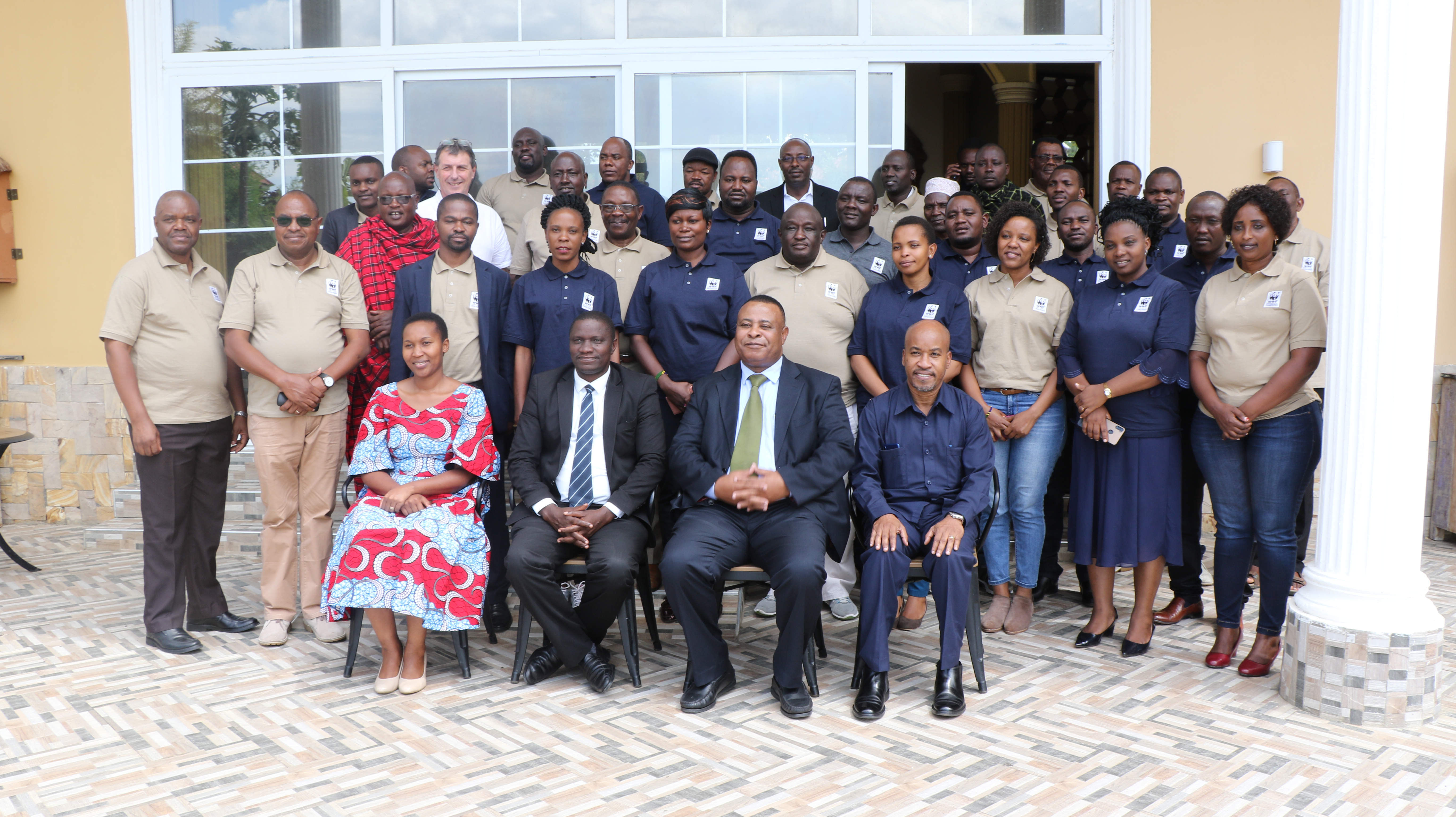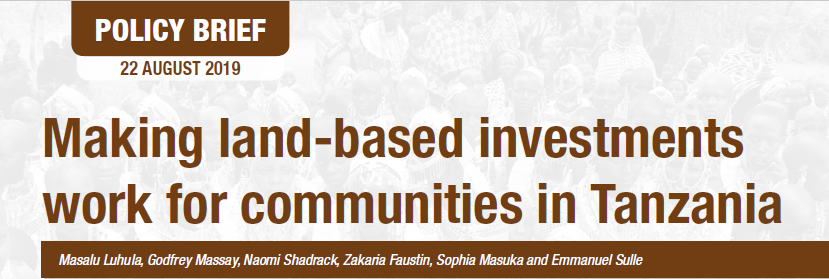LAUNCHING OF THE BMZ CLIMATE FACILITY PROJECT
0u4a2610.jpg

On 15th Jan 2021, The World Wide Fund (WWF) in partnership with Tanzania Natural Resource Forum (TNRF) launched a project BMZ Climate Facility Project “Protection of key Ecosystems, Increased Resilience and Adaptation for their Sustainable Use by Local Communities in Southeast Africa” at Masailand Hotel in Arusha. Key stakeholders in attendance included TAMISEMI, District councils (Meatu, Mwanga, Same, Longido and Serengeti), WMAs (Enduimet, Ikona, Makao and Lake Natron), Community representatives and the Media. TNRF is one of the local Tanzania partners in the collaborative project titled “BMZ Climate Facility Project” that is being implemented in 4 countries including Tanzania, Zambia, Zimbabwe and Kenya. The project is funded by Federal Ministry for Economic Cooperation and Development (BMZ) through WWF Germany in Partnership with Engagement Global. The project started in the mid of November 2020 for six months till end of April 2021.
Project area
In Tanzania, the project is implemented in the northern part specifically in four Wildlife Management Areas (WMAs) namely; Enduimet and Lake Natron in Longido District, Ikona and Makao in Serengeti and Meatu districts respectively and Mkomazi wildlife corridors (Ziwani and Kwakao villages [Karamba-Ndea]) in Same and Mwanga districts covering over 60 villages.
Objective
To facilitate protection of Key ecosystems increased resilience and adaptation for sustainable use by local communities in Southeast Africa.
Desired Project impact
The project immediate impact will be by April 2021, whereby 4 community and conservation management areas in northern Tanzania (Enduimet, Natron, Ikona and Makao WMAs) and the Community Management Area (Kisima and Karamba-Ndea) in Mkomazi wildlife corridor will register improvements in their climate resilience for effective management of natural resources and improved livelihoods and well-being of the community.
Project outcomes
- Capacities of fifteen community conservation and management areas in three countries in south East Africa are strengthened to effectively improve their climate resilience and adaptation and effective protection of their biodiversity and ecosystems.
- Capacities of the communities for the implementing climate-smart approaches are improved and household incomes diversified leading to improved livelihoods and well-being of the communities in the selected community conservation areas.
- Capacities for improved forest, fire and pasture land management improves the climate resilience of key ecological and economic habitants enhanced (eg reforestation, sustainable rangeland management, and human wildlife conflict mitigation.
- Environmental and social safeguards (ESS) in relation to climate adaptation and project activities.

